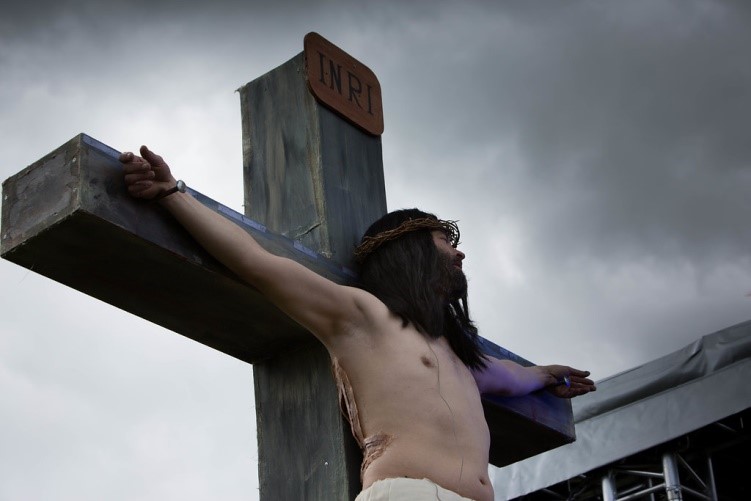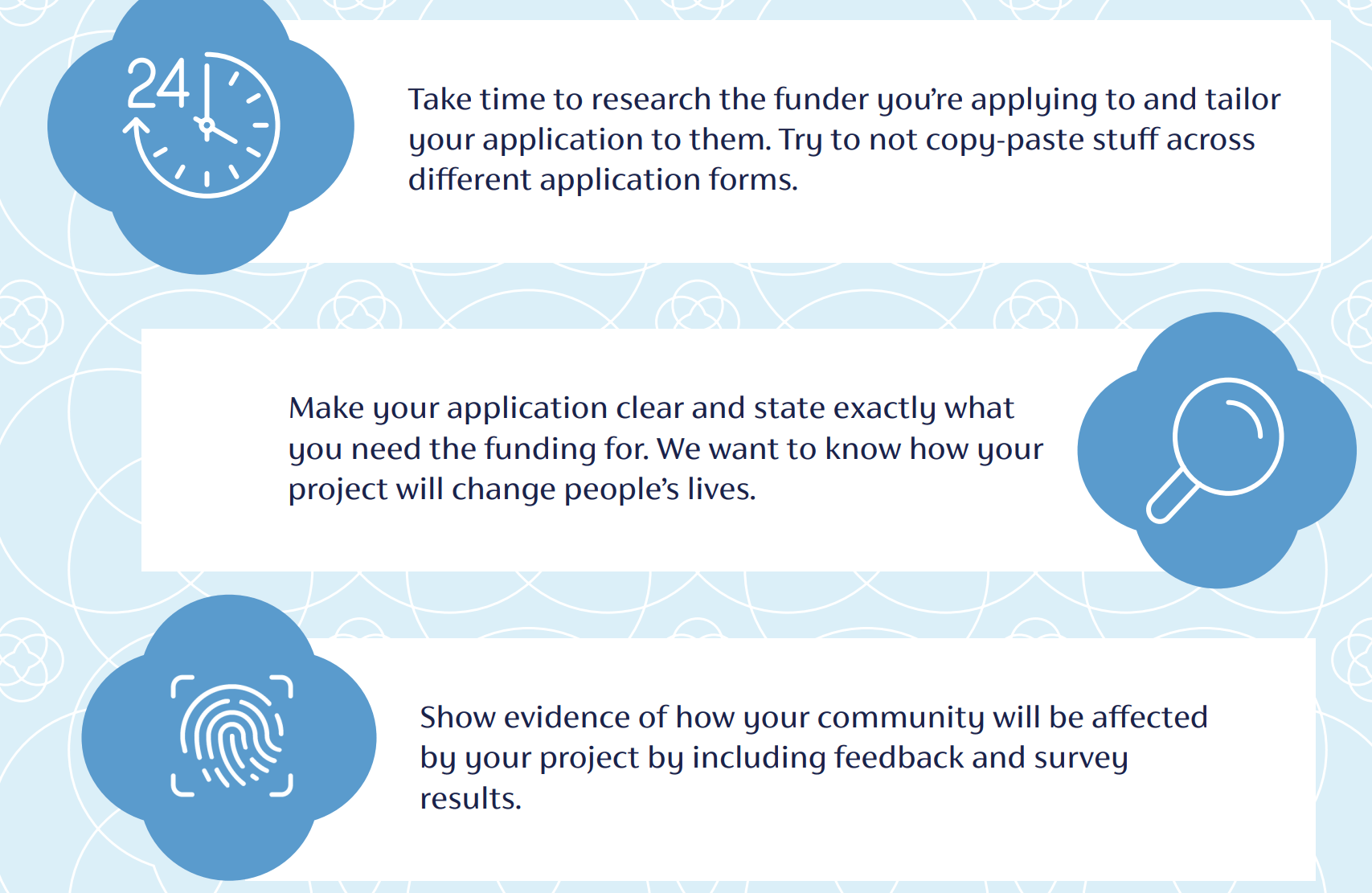Medieval Passion Plays


The tradition of free performances of Passion Plays goes back to medieval times. At that time. the Bible was in Latin. Since very few people could read or write, the plays provided an important function. Performances served as both education and entertainment for the population at large.
Under the banner of theatre, the plays entertained audiences but also educated people about the story of Easter. The first recorded piece of theatre in Britain was called the Quem Quaeritis. Two choirs addressing each other would speak four lines in a dramatic form. The Church soon realised the power of Theatre as a way to communicate and provoke a response. It began to produce what we now know as Mystery Plays.
Medieval Mystery Plays dramatised the whole Bible in a cycle of plays. The Players performed them on pageant wagons at different sites around the city centre. The most well-known cycles are those of York, Coventry, Chester, Lincoln and the East Anglian plays.
The passion plays were a sign of medieval city’s prestige and wealth. The city’s guilds were responsible for producing each play. It was both an act of spiritual worship and civic glory. In York, Mystery Plays dramatised the Bible from the Fall of Man (performed by the Coopers) to the Last Judgement (performed by the Mercers). As part of the cycle, the Flood was performed by the Fishers and Mariners, the Slaughter of the Innocents by the Girdlers and Nailers and the Resurrection by the Carpenters.
Medieval Mystery plays were not only spectacular and memorable. They also had a spiritual, social and didactic purpose. In presenting the Bible as embodied drama, they were a means of instruction as well as of spiritual experience. In attending these plays the audience were witnesses to the performance and also to the spiritual realities behind the performance.
As Dee Dyas (1997) puts it, the audience were ‘vital players in this epic drama, for the mystery cycles, the miracles or saint’s plays and the moralities were all designed to warn and win souls’ (p.225).




